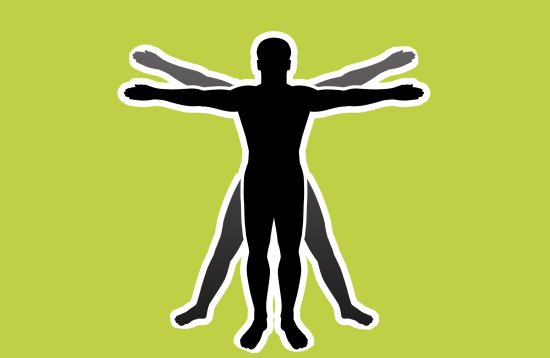
Are we machine biology, celestial soul or modern minds?
This question of what it means to be human seems almost laughably impossible at first glance because there are as many ways to find particular meaning as there are individuals. But while researching my new book, Soul Machine: The Invention of the Modern Mind, I began to recognize that our personal constructions of meaning in the West are not limitless, and take shape within a few, clashing world-views.
For many centuries in feudal Europe, human meaning came from the soul, a believer’s most important possession. According to Saint Thomas Aquinas, the soul was the source of life, animal urges, and for humans, the powers of reason and will. Meaning resided in the everyday struggle with temptation, and the striving for virtue through Judeo-Christian ethics. To lose one’s immortal soul was to suffer the worst calamity.
[time-brightcove not-tgx=”true”]
Around 1650, a group of rebels challenged this. Natural philosophers looked to mechanics to understand the biological world around them. René Descartes argued that the human body was a machine, all of it save for the thinking thing inside us. Human meaning now was reframed as a struggle between a tick-tocking body and an immaterial, inner Me.
This idea that we were part machine and part celestial soul made for endless confusion. Around 1750, a French doctor named Julien Offrey de la Mettrie tried to untie these knots in his book, Man-Machine. Humans, he insisted, were complex contraptions, whose brains ran the show without any input from higher faculties. In fact, higher faculties like human will were illusions. Today, La Mettrie’s progeny can be found in some neurology and philosophy departments, as well as in artificial intelligence circles and Silicon Valley. For those who buy into this way of thought, meaning resides in engineering a better machine, improving health and curing disease.
Ah, you say, I see where this is going, the old rivalry between religion and science. Actually, it’s far more interesting than that. Most early scientists were deeply devout. The founder of modern chemistry Robert Boyle and his colleagues desacralized all of the world except for their souls. By the 18th century, they could get along with their priests. Then, a third contestant entered the sweepstakes of human meaning with a view that troubled the clerics and scientists alike.
Prior to 1700, the “mind” was used a synonym for soul. But horrified by the wars of religion in which believers were commanded to slaughter each other in the name of their true souls, John Locke proposed a mind that was bodily and had active capacities to think and reflect. It was the result neither of an intention-less machine nor an infallible spirit. He used the words “self” and “consciousness” to name the operations of this newly defined entity.
This “mind” made of flesh took root in the Age of Reason. It became central to the emergence of secular culture, where individual meaning began to be defined not by inspiration from above, but rather the sum of one’s experiences. This same mind became critical for the rise of liberal politics, beliefs in toleration, democracy and secular ethics, in which the pursuit of happiness was the defining value. During the 18th century, psychological man emerged touting these routes to human meaning.
Soul, brain, mind. Today, we remain triply divided between these visions of who we are and what we mean. Some purists may seek to exist solely in one of these frameworks, but while writing Soul Machine and working as a psychiatrist, I began to see that all around me, people moved back and forth between these realms, contradictions notwithstanding.
For religious believers of many denominations, meaning continues to be found in the life of the soul and the consolation it provides during life’s travails and before death. But when the room starts to spin or spots darken our vision, no matter how religious, we moderns become acutely aware of the amazing machinery that resides in our bodies, the billions of cells that give us breath and life. Mostly, however, we pass through our days immersed in thoughts and feelings, desires, memories, urges, and hopes, all of which in sum—we believe—give us our particular identity and its significance.
What is the meaning of being human? These are the central answers that Western modernity has bequeathed us. More generally however, the answer may be embedded in the question, in the very assumption that we possess within us unique meaning-making capacities that allow us to take on such a riddle, to wrestle with different contradictory answers, and not dismiss this inquiry as beyond us, no more than a cosmic joke.
George Makari is the author of Soul Machine: The Invention of the Modern Mind.
